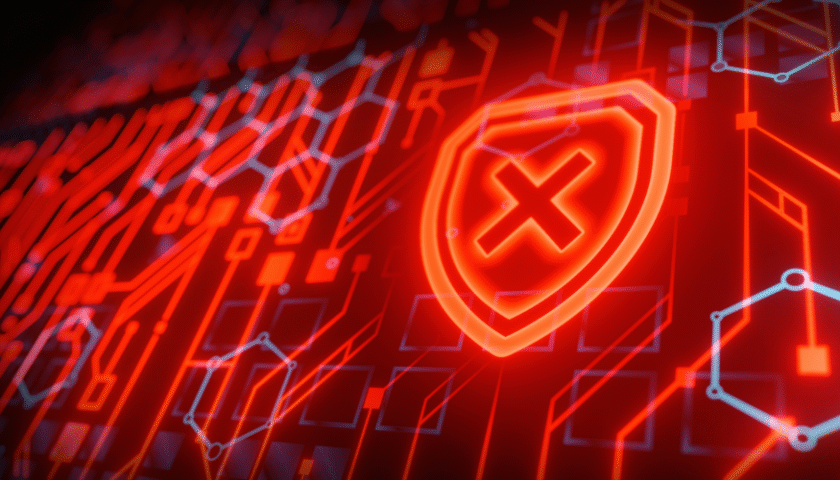The Evolution of Learning: Lifelong Learning in the 21st Century
By: Javid Amin
In the 20th century, education was often seen as a structured journey that concluded with the completion of schooling or higher education, followed by a career until retirement. However, this narrative has undergone a profound shift in the 21st century.
Founders and CEOs of edX emphasize that learning has become a lifelong process. In a post-ASU+GSV Summit interview, the point is made that learning continuously is essential. “We all have to become lifelong learners. We have to keep pace not only with technology but also with those at the workplace who are mastering technology,” is the sentiment. “Remember, technologies such as GPT won’t take away your job, but a person who can use such technologies better than you just might.”
Founded in 2012 at the Massachusetts Institute of Technology (MIT), edX has been a trailblazer in the realm of massive open online courses (MOOCs). With 49 million registered learners and collaborations with 250 global universities and corporations, including esteemed institutions in India like IIT Bombay and IIM Bangalore, edX has played a pivotal role in democratizing education.
The Paradigm of Lifelong Learning
The concept of ‘modular learning’ and ‘stackable learning’ is introduced as responses to the evolving nature of education and work. The traditional notion of pursuing a multi-year degree, especially for those already in the workforce, can be challenging. Modular learning, as exemplified by programs like MicroMasters, allows individuals to complete courses at their own pace. This flexibility not only caters to the time constraints faced by working professionals but also significantly reduces costs compared to on-campus education.
Data reveals that MOOCs like MicroMasters, available on platforms like IIMBx, have tangible benefits, with 91% of earners experiencing career enhancement in terms of salary and promotion.
Learning and Industry Recognition
The question of how online courses are perceived by industries compared to traditional classroom programs is addressed. The assertion is made that there shouldn’t be a significant difference. The credentials earned through online learning platforms are increasingly recognized by employers, reflecting a shift toward a more inclusive and competency-based hiring approach.
Jobs and Technology: Embracing Change
Fears related to technology-induced job losses are dispelled, with historical examples cited. The argument is made that while technology transforms jobs, it also creates new, often better-paying opportunities. Being prepared to adapt and upskill is the key to staying relevant in a dynamic job market.
edX and the Pandemic Boost
Like many edtech companies, edX experienced a surge in registrations during the lockdown of 2020. The shift to online education became not just optional but essential, leading to a significant increase in new learners. While the exponential growth of that period has slowed down post-lockdown, the underscored point is that education has fundamentally changed. The traditional higher education experience won’t continue unchanged, and online learning is now a crucial component of every university’s strategy.
MOOCs and Completion Rates: A Nuanced Perspective
A challenge is posed to the notion that MOOCs have low completion rates, with the argument that completion rates might not be the most relevant metric. It is compared to reading a newspaper where the value isn’t derived from reading cover to cover. Instead, the focus should be on whether learners are gaining knowledge and deriving value from the courses.
Under edX for Business, where over 1,000 companies utilize its courses for employees, the completion rate is a noteworthy 79%. For learners pursuing verified certificates on edX, the completion rate is as high as 60%.
The Role of Generative Technology in Education
With technology rapidly advancing, learning platforms are integrating generative technologies for more effective teaching. EdX has launched courses like ‘Introduction to ChatGPT’ and plans to introduce more in artificial intelligence and machine learning. Generative technologies are leveraged within the platform to assist students, showcasing the integration of cutting-edge technology in the educational landscape.




